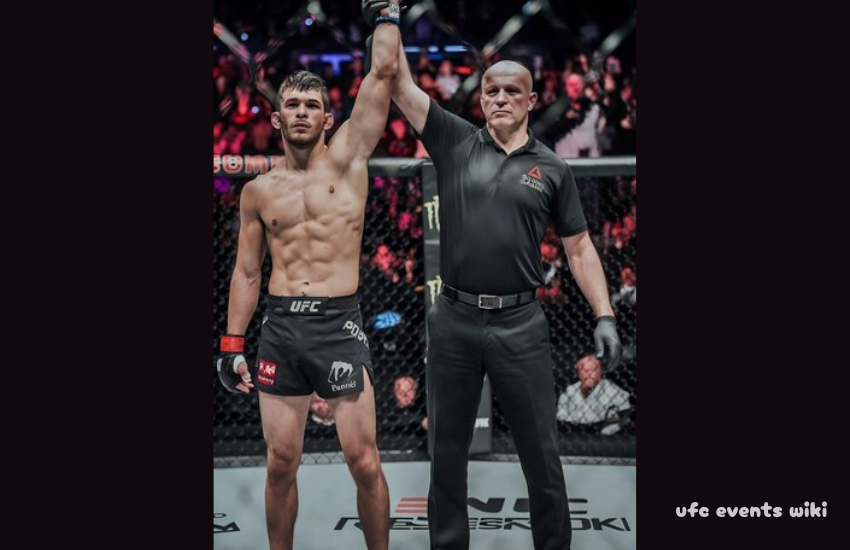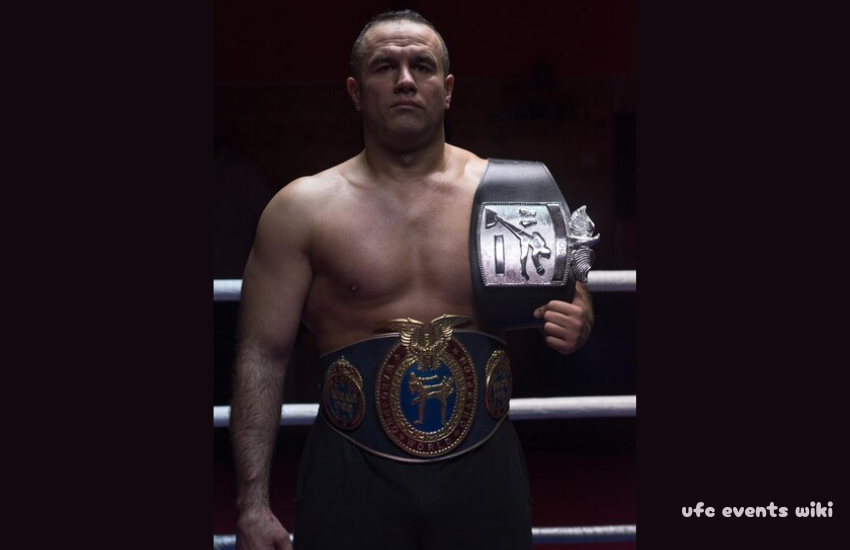The Ultimate Fighting Championship (UFC) is synonymous with high-octane mixed martial arts (MMA) action. From its humble beginnings as a niche competition to its current status as a global sporting giant, Ufc events wiki journey is both compelling and inspiring.
This article explores the history of UFC events, uncovering the stories, people, and moments that have shaped this iconic organization.
The Birth of the UFC
Creation of UFC in 1993
The ufc events wiki was founded in 1993 with a vision to determine the most effective martial art in a no-holds-barred competition. Art Davie, a businessman with a passion for martial arts, teamed up with Rorion Gracie, a Brazilian Jiu-Jitsu master, to launch the event. Together, they created a spectacle that promised to pit fighters of different styles against each other.
Role of Rorion Gracie and Art Davie
Rorion Gracie brought his family’s legacy in Brazilian Jiu-Jitsu to the forefront, using the UFC as a platform to demonstrate its effectiveness. Art Davie’s marketing acumen helped secure initial funding and pay-per-view distribution, ensuring the first UFC event’s success.
UFC 1: The Beginning
Held on November 12, 1993, in Denver, Colorado, UFC 1 featured an eight-man tournament format with no weight classes, limited rules, and a $50,000 prize for the winner. Royce Gracie emerged victorious, showcasing the dominance of Brazilian Jiu-Jitsu.
Early UFC Events
Format and Rules in the Early Days
The early UFC events had minimal rules, with headbutts, groin strikes, and other controversial moves allowed. This “anything goes” approach attracted both intrigue and criticism.
Key Fighters of Early Events
Royce Gracie, Ken Shamrock, and Dan Severn became the faces of the UFC’s formative years, demonstrating the clash of martial arts styles that defined the competition.
Media and Public Reaction
While the novelty of UFC attracted initial viewers, its violent nature sparked outrage among politicians, leading to widespread condemnation and calls for regulation.

Challenges in the 1990s
Political Pushback and Regulation
Senator John McCain famously labeled UFC “human cockfighting,” leading to bans in multiple states and the loss of pay-per-view partnerships.
“Human Cockfighting” Controversy
The lack of regulations and brutal fights became the focus of criticism, forcing UFC to adapt or face extinction.
Decline in Popularity
By the late 1990s, UFC events were struggling to find venues, broadcasters, and an audience. It was a pivotal time for the organization.
Revival of the UFC
Dana White and the Fertitta Brothers
In 2001, Dana White, along with Lorenzo and Frank Fertitta, acquired UFC under Zuffa LLC. This marked a turning point in the organization’s history.
Implementation of Unified Rules of MMA
Under Zuffa’s leadership, the UFC adopted the Unified Rules of MMA, which standardized weight classes, prohibited dangerous moves, and prioritized fighter safety.


